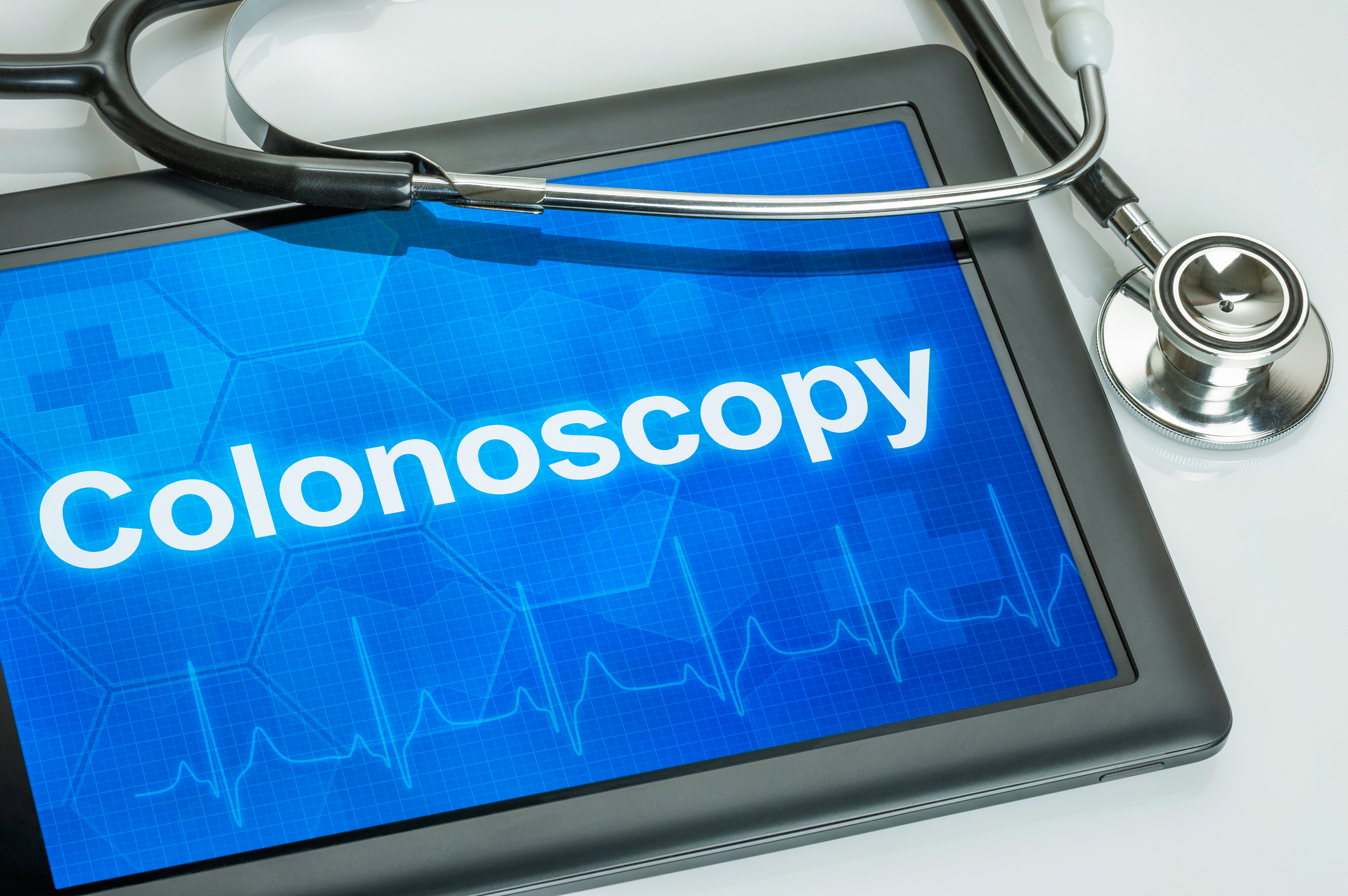Welcome to Debunking with SCA Health. This series will tackle common misconceptions surrounding healthcare procedures and receiving care. We begin by discussing four everyday worries and fears surrounding colonoscopy.
Every year millions of Americans become eligible to receive their first colonoscopy. As the “gold standard” of colorectal cancer prevention, colonoscopies can be a life-saving procedure, helping patients and physicians identify precancerous polyps and avoid future healthcare crises.
Below are four common myths and fears surrounding colonoscopy, along with proven facts highlighting the importance of this necessary procedure.
MYTH 1: Colonoscopy alternatives provide as comprehensive coverage as a traditional procedure
FALSE. Colonoscopy alternatives offer patients convenience at the cost of an immediate solution should they receive a positive result. In addition, colonoscopies allow physicians to identify and remove precancerous polyps, a potentially life-saving differentiation from its alternative tests.
According to a study by David Ahlquist, M.D., one common colonoscopy alternative provides a “low sensitivity for detecting CRC (70%-75% using colonoscopy criteria as the criterion standard).” According to Ahlquist, this also extends to advanced adenoma at approximately 20%-25% and less than 5% for advanced sessile serrated polyps.
Finally, the routine procedure of a colonoscopy provides a standardized environment with little room for variables and changes, unlike alternatives, in which results can vary based on pre-test storage temperatures and the age and sex of each patient.
MYTH 2: Colonoscopies are more expensive than alternatives
FALSE. Colonoscopies are labeled as preventative procedures, meaning they often come at little to no cost to patients. While colonoscopy alternatives allow one to perform a test at home, a positive result will lead to a meeting with a GI physician and is no longer considered preventative. This means a patient will incur additional costs that could be avoided by receiving a routine colonoscopy.
In an age where many patients are financially conscious regarding healthcare, taking additional steps to avoid unnecessary costs make a traditional colonoscopy a safe and fiscally intelligent decision.
MYTH 3: Patients need some help after a traditional colonoscopy
TRUE. When undergoing a routine colonoscopy, patients may receive anesthesia. As a result, you will need someone to drive you home following your procedure. Recovery times are short, as most patients return to work and their everyday lives the next day.
While taking time out of your day to undergo a colonoscopy may seem inconvenient, the ability to identify and remove polyps and the short recovery time make it a worthwhile use of time for your well-being. Typically, colonoscopies only take 30-45 minutes to complete, allowing you to get on with your day.
MYTH 4: Colonoscopy prep is challenging to do correctly
FALSE. Colonoscopy prep has acquired a negative connotation over time, as some believe following guidelines and ingesting the answer is tricky. When preparing for your colonoscopy, you will receive detailed instructions on your prep routine, involving a preparation solution to induce bowel movements and cleanse the colon.
Colonoscopy prep can be straightforward if you follow the detailed instructions from your GI physician. It would help to mix your prep drink with another liquid, such as Crystal Light, Gatorade, or 7UP, to offset the salty taste. These additional steps will help ensure you have a successful prep process and can complete your colonoscopy as scheduled. Those that ignore or miss steps may be forced to reschedule their procedure and complete the entire process again.
In summary, follow directions from your GI physician, and your prep process can be simple and easy.
Conclusion
At SCA Health, we stand by the data proving that colonoscopy is and remains, the “Gold Standard” of colorectal cancer prevention. We advocate for patients to ask questions when meeting with physicians and to take steps to ensure they receive the highest-quality care.
Colonoscopies should be received in 10-year intervals, beginning at age 45. If you can receive your colonoscopy this year, speak with your GI physician.
For additional information regarding colonoscopies, click here to read recommendations from the United States Preventative Services Task Forces (USPSTF).
Resources
Stool-Based Tests vs. Colonoscopy for the Detection of Colorectal Cancer: https://www.ncbi.nlm.nih.gov/pmc/articles/PMC6771036/
The United States Preventative Services Task Force: https://www.uspreventiveservicestaskforce.org/uspstf/recommendation/colorectal-cancer-screening
Read More from the Debunking with SCA Health Series:







